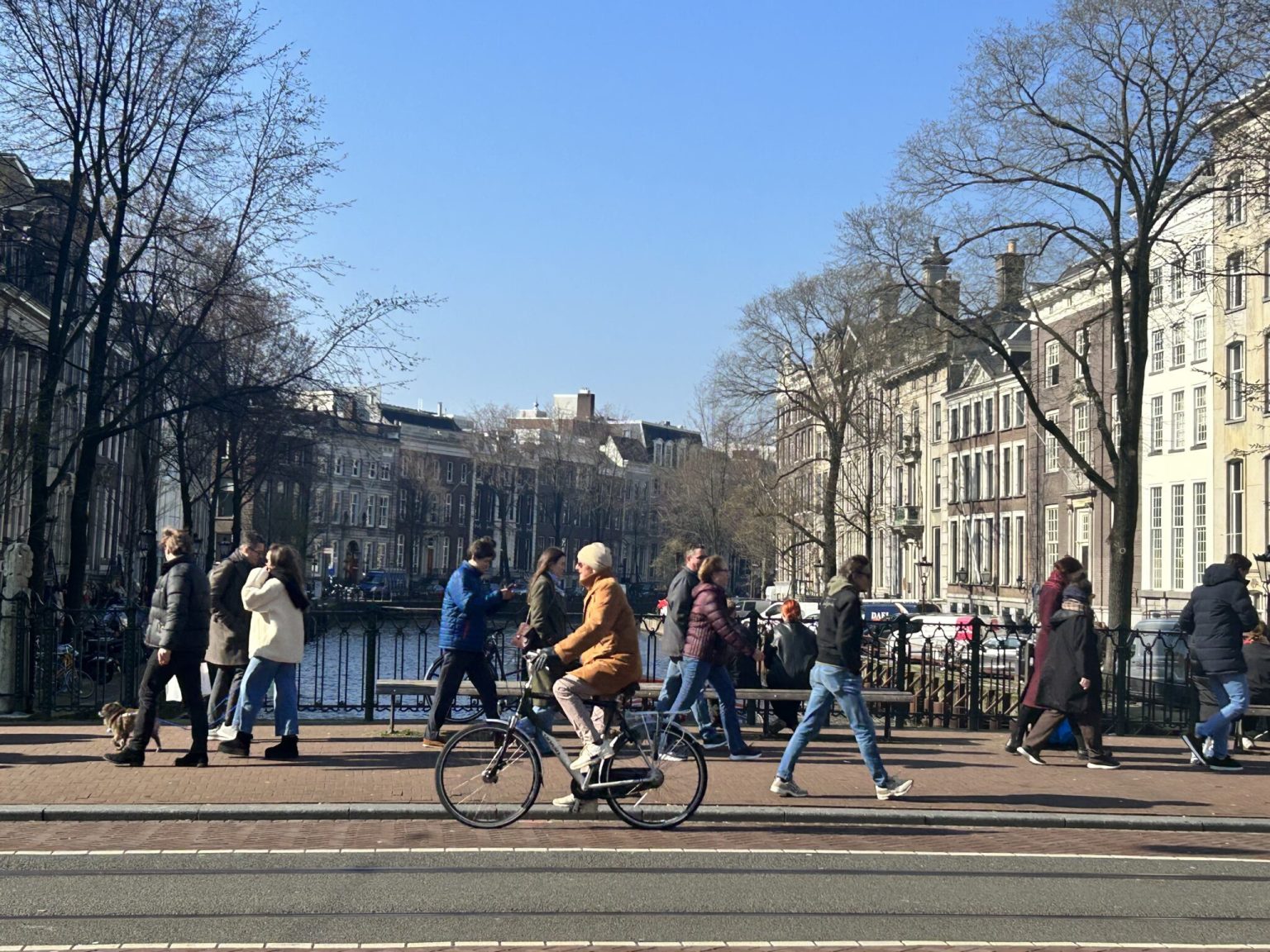Amsterdam has implemented a ban on new hotel developments in an effort to combat mass tourism. The government announced that permits will no longer be issued for new hotels, except in the case of a ‘new-for-old arrangement’, where a new hotel can only be built if another hotel closes and the number of beds does not increase. The replacement hotel must be of higher quality, such as being more sustainable, and be at least a 4-star hotel. The government is also encouraging new hotels to be built outside the city center. This decision comes as Amsterdam currently has over 470 hotels and 49,000 rooms, with the aim to limit annual overnight stays to 20 million.
The hotel-cap policy aims to make and keep the city livable for both residents and visitors by preventing overtourism. In 2023, Amsterdam had 20,665,000 hotel night stays. This move is significant as Amsterdam is one of the world’s most popular destinations, ranking fifth in terms of international traveler spending in 2022 with $13.6 billion. The city government has stated that by implementing these measures, they hope to control the number of tourists and maintain the quality of life in the city.
Amsterdam’s hotel pipeline has been dwindling in recent years due to the restrictive policies in place. The city limited the zones where new hotels could be introduced starting in 2017, and developers were required to show they had taken into account the interests of the local neighborhood and that the new property would be sustainable. Only three hotel plans have met this policy, leading to a slowdown in new hotel developments. Currently, there are four new hotels scheduled to open and 5 under construction in 2024. This indicates a shift towards a more controlled approach to managing tourism in Amsterdam.
In addition to the hotel-cap policy, Amsterdam has also been cracking down on mass tourism in other ways. The city raised its tourist tax from 7% to 12.5% this year and has been trying to deter party and drug tourists from visiting the Red Light District. A second version of the ‘Stay Away’ marketing campaign was launched in the UK, Germany, France, Spain, and Italy to encourage potential tourists to consider alternative destinations. These initiatives show the city’s commitment to maintaining a balance between catering to tourists and preserving the local culture and environment.
Overall, Amsterdam’s decision to cap hotel developments and limit annual overnight stays is part of a larger effort to combat mass tourism and preserve the quality of life for both residents and visitors. The city is taking a proactive approach to managing its popularity as a destination by encouraging sustainable practices and limiting the number of new hotels. These measures, along with other initiatives to discourage party and drug tourism, demonstrate Amsterdam’s commitment to creating a more sustainable and enjoyable experience for all visitors to the city.


